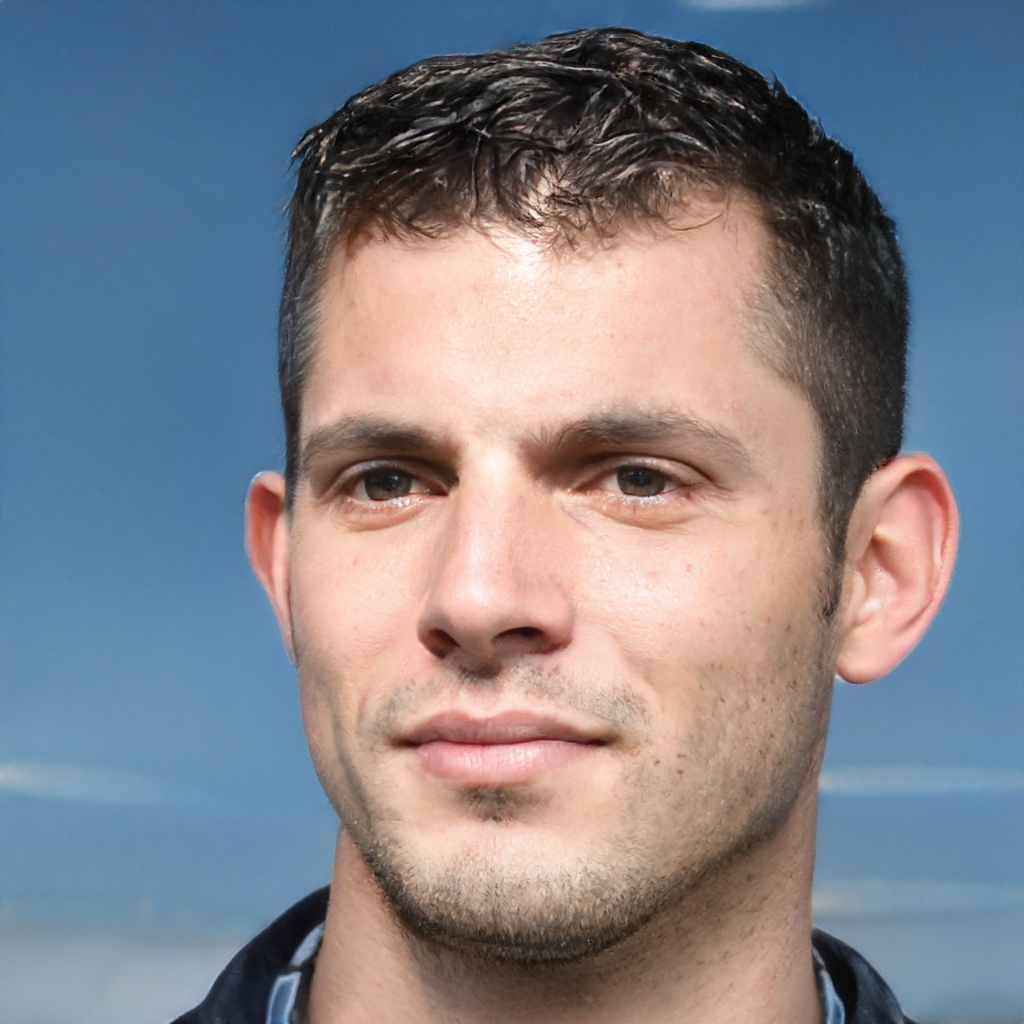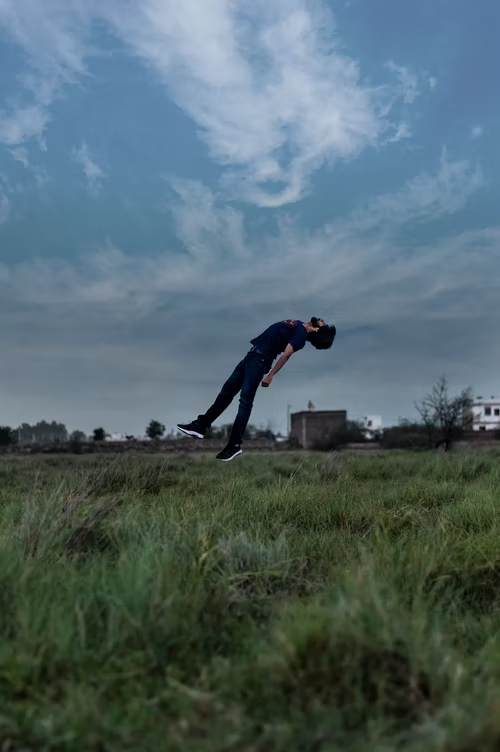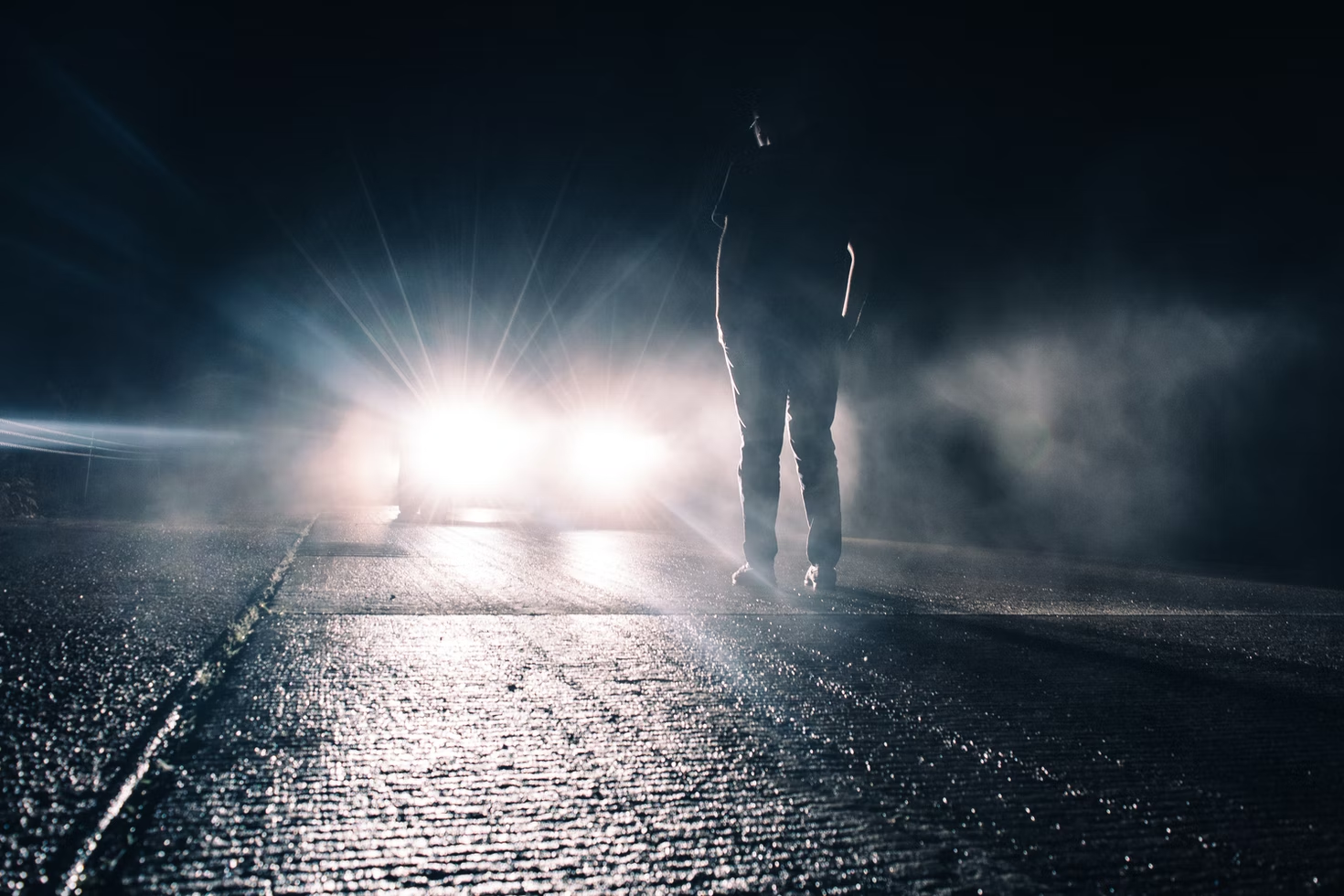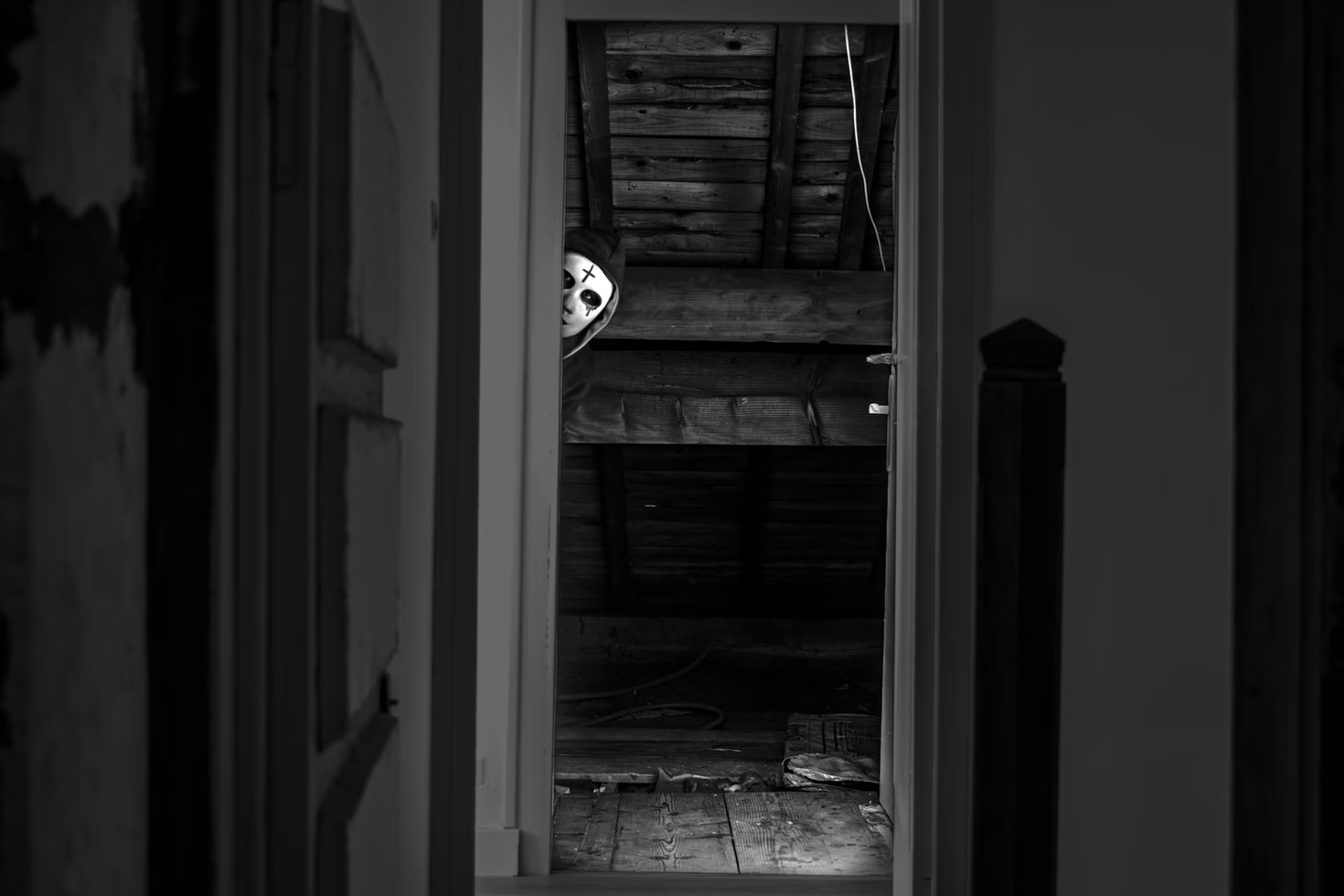Is The History Of The Parapsychological Association Legit Science Or Scam Practice?
History of the parapsychological association. Parapsychology is a branch of psychology that studies paranormal or "psychic" phenomena, such as telepathy and telekinesis.
Author:Evelyn AdamsReviewer:Calvin PenwellJan 22, 20242.3K Shares33.5K Views

History Of The Parapsychological Association- Parapsychology is a branch of psychology that studies paranormal or "psychic" phenomena, such as telepathy and telekinesis.
Parapsychologists seek to prove the reality of paranormal experiences and abilities while also investigating their nature.
While parapsychological theories have a long history, Joseph Banks Rhine is credited with founding parapsychology as a scientific discipline.
He and his colleagues at Duke Universityconducted extrasensory perception research in the 1930s, employing methods like card guessing and dice rolling to gather proof.
The parapsychology investigations led to the establishment of an organization that examined the phenomena surrounding this subject for decades.
What Is Parapsychology? And How It Works
Scientists and intellectuals examine a variety of supposed psychic phenomena, including the quest for proof of their reality, in parapsychology. Some of the phenomena are the next ones.
- Precognition is the perception of future knowledge, such as in a vision or a dream.
- Clairvoyanceis the ability to perceive information from afar.
- Telepathy means "mind-to-mind communication" (without the use of normal senses)
- Extrasensory perception (ESP) is a concept that encompasses the aforementioned words and refers to perception that appears to transcend the five senses.
- Telekinesis or psychokinesis is the ability to manipulate objects with the mind's power.
- OBEs (such as seeing one's own body from above) are a type of out-of-body experience.
- Hauntings and apparitions
What Psi Means?
Psi is a generic word used in parapsychology to describe the phenomena examined by the discipline, which include both cognitive and physical phenomena such as the movement of an item with one's thoughts.
Critics On Parapsychology
Parapsychology, the study of paranormal phenomena, has faced its fair share of critics who raise valid concerns regarding the lack of solid proof and challenges in reproducing results. Critics argue that the field has yet to provide conclusive evidence of actual paranormal activity, leaving room for skepticism.
One major criticism centers around the difficulty in replicating apparent results in parapsychological studies. Reproducibility is a cornerstone of scientific inquiry, and skeptics point out that the inconsistency in replicating findings raises questions about the reliability of the observed phenomena.
Moreover, critics contend that parapsychologists have not adequately ruled out all natural explanations for the events they investigate. The scientific method requires rigorous scrutiny and the elimination of alternative explanations to establish the validity of a hypothesis. Skeptics argue that without comprehensive efforts to rule out natural causes, the paranormal claims remain speculative.
Historically, psychicphenomena and paranormal events have been associated with pseudoscience, often lacking empirical support. However, contemporary parapsychologists are striving to bring a more scientific approach to their studies. They aim to verify their beliefs with actual data, adhering to the principles of the scientific method.
Despite these efforts, methodological challenges persist and have cast doubt on some of the most high-profile investigations into apparent paranormal occurrences. These challenges may include issues with study design, data collection methods, or statistical analyses, making it difficult for the scientific community to fully embrace the reported findings.
Foundation Of The Parapsychological Association
On June 19th, 1957, the Parapsychological Association was founded in Durham, North Carolina. Dr. J. B. Rhine (Director of the Duke Laboratory) recommended its development at a Workshop in Parapsychology conducted at Duke University's Parapsychology Laboratory. Dr. J. B. Rhine, Director of the Duke Laboratory, recommended that the group become the foundation of an international professional association in parapsychology, taking use of the opportunity provided by this broad representation of the discipline.
The timing could not have been better, and the crowd could not have been more responsive.
Its first president was Dr. R. A. McConnell of the University of Pittsburgh's Biophysics Department, and its first vice president was Dr. Gertrude R. Schmeidler of City College of New York's Department of Psychology.
Rhea White has been appointed Secretary Treasurer. Miss (later Dr.) Margaret Anderson, Dr. Remi Cadoret, Dr. Karlis Osis, and Mr. (now Dr.) W. G. Roll were chosen to the Council, bringing the total to seven.
Objectives
The association's international and professional nature was emphasized, as well as the importance of improving communication amongst scientists working in the subject. The association's mission was to:
- Advance the science of parapsychology.
- Disseminate information about the field.
- Integrate parapsychology's discoveries with those from other fields of study.
Many in the field had sensed the need for greater communication with their colleagues even before the PA became a reality.
The Parapsychology Foundation's worldwide convention in Utrecht, Holland, in 1953 proved to those in attendance that gatherings of professional workers may help them overcome their isolation and foster study.
First Steps
The Association's international and professional nature has been emphasized from the beginning. It had to be professional in order to attract highly-trained and competent scientists, as well as international in order to include experts from all over the world.
A special committee was formed to write a constitution that would represent these goals. Dr. J. G. Pratt was elected Chairman, with Mrs. Dorothy H. Pope and Mr. Wadih Saleh as members.
The process of establishing the Association's Constitution and By-Laws quickly went beyond this group, involving the majority of the founding Council members.
The Association's goal, according to the Constitution, should be to "advance parapsychology as a discipline, spread knowledge of the area, and combine discoveries with those of other branches of research."
It was also said that the Association should engage with other organizations in the sector that serve a larger audience.
These organizations have long been at the forefront of scientific study in the discipline, and they continue to make substantial contributions via funding research and professional publications.
The Seventh Annual Convention, conducted in England in response to an invitation from the Society for Psychical Research, is the most recent fruit of this relationship.
Members
The professional and educational standards for each of the two primary levels of membership, Member and Associate, were established.
Honorary Membership was created for those who have made significant literary, charitable, or other contributions to the area.
The Members and Associates should have equal voting power, according to the Constitution, and the nominating committee should be made up of Members. This meant that the Council represented the whole membership rather than any particular group.
The Presidency is limited to two consecutive terms and has been limited to one term by the occupants themselves thus far.
First Convention
In 1958, the PA conducted its inaugural convention at City College in New York, where it presented a number of research papers. Since then, the PA has focused its efforts on an annual convention.
The first convention held outside of the United States was held at Oxford University in England in 1964.
PA conferences are being held in North America and Europe alternately, reflecting greater research effort in Europe. Outside of North America, conventions have been held in the United Kingdom (3), Germany (3), Scotland (2), Netherlands (2), Austria, Iceland, Sweden, and France.
Two prizes are normally given out at the yearly convention: Outstanding Career Award and Outstanding Contribution Award.
Fusion And Current Work
In 1969, the PA joined the American Association for the Advancement of Science as an associated organization (AAAS).
Where is still a member even with some tries to expell the PA from the organization.
Currently they still publish the Journal of Parapsychology and the Journal of the American Society for Psychical Research along with some other researches.
History Of The Parapsychological Association FAQs
What Is Parapsychology?
Scientists and intellectuals examine a variety of supposed psychicphenomena, including the quest for proof of their reality, in parapsychology.
When Did Parapsychology Begin?
While parapsychological theories have a long history, Joseph Banks Rhine is credited with founding parapsychology as a scientific discipline.
He and his colleagues at Duke University conducted extrasensory perception research in the 1930s, employing methods like card guessing and dice rolling to gather proof.
Why Is Parapsychology Interesting?
The ramifications of parapsychology are what make it fascinating. Psi phenomena, for example, suggest that:
- Science's understanding of the nature of the universe is incomplete.
- Human potential's presumed capabilities and limitations have been underestimated.
- Fundamental assumptions and philosophical beliefs about the separation of mind and body may be incorrect.
- Religious assumptions about the divine nature of "miracles" may be incorrect.
Conclusion
Parapsychology Is a science with an interesting history and develop. Everyobody had question some of the greatest mysteries that Parapshychologist studies.
The Parapsychological Association history is also interesting to study this science because they started as researchers without credit but became one important research center.
If you are interested in this supernaturaltopic keep reading Straight Forward Guidanceand visit the website of the Association.
Did you ever had any supernatural experience? Are you interested in this kind of researcher? Leave a comment with your opinion.

Evelyn Adams
Author
Evelyn Adams is a dedicated writer at Kansas Press, with a passion for exploring the mystical and uncovering hidden meanings.
Evelyn brings a wealth of knowledge and expertise to her insightful articles. Her work reflects a commitment to providing accurate information, thoughtful analyses, and engaging narratives that empower readers to delve into the mysteries of the universe.
Through her contributions, Evelyn aims to inspire curiosity, spark imagination, and foster a deeper understanding of the supernatural world.

Calvin Penwell
Reviewer
Since diving into numerology in 1997, my path has been marked by extraordinary encounters and insights. A pivotal moment was uncovering a forgotten numerological manuscript in a tucked-away Italian library, which deepened my connection to the ancient wisdom of numbers. Another transformative experience was a meditation retreat in Nepal's tranquil mountains, where I honed my intuition and the art of interpreting numerical vibrations.
These adventures have not only enriched my numerological practice but also my ability to guide others towards understanding their destiny and life's purpose. My approach is deeply personal, rooted in a blend of historical knowledge and intuitive insight, aimed at helping individuals find their alignment with the universe's abundant energies. My mission is simple: to share the power of numerology in illuminating paths to abundance and fulfillment.
Latest Articles
Popular Articles


